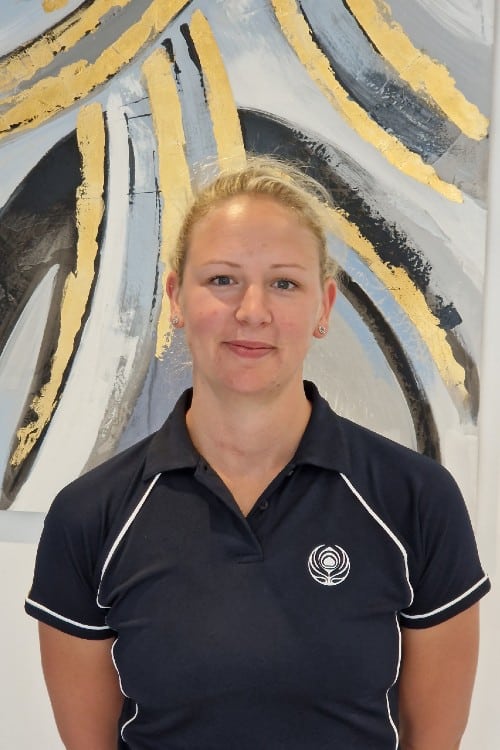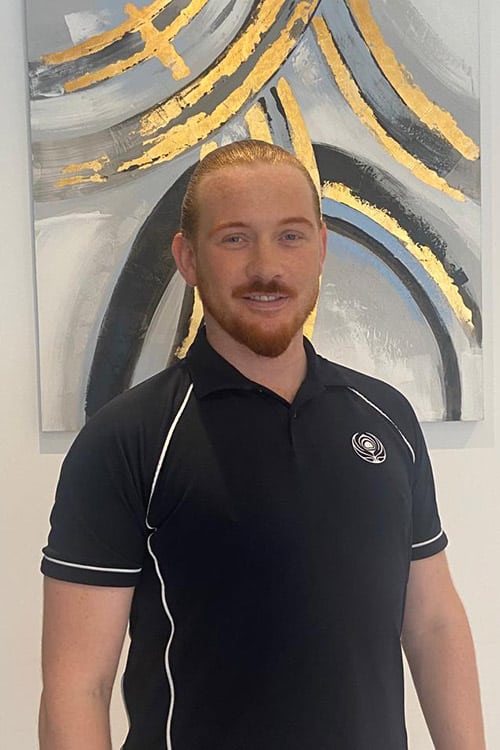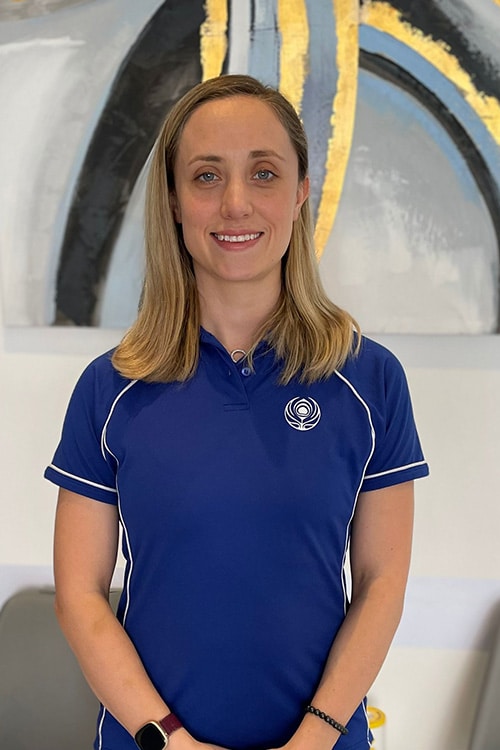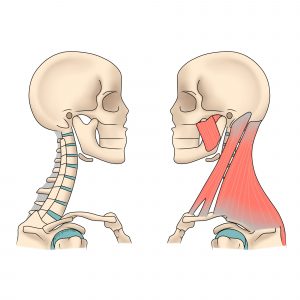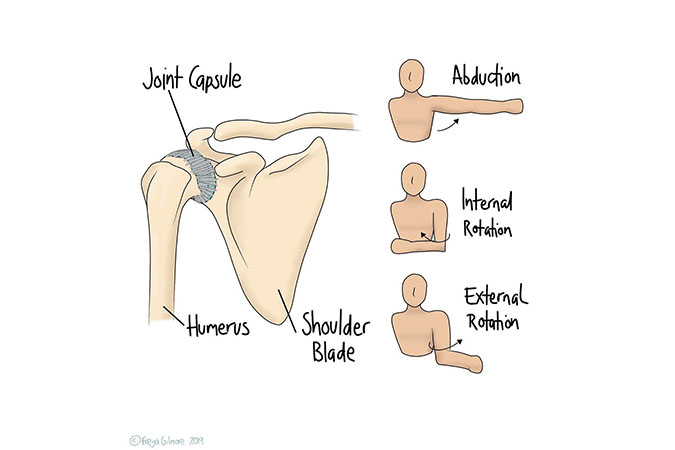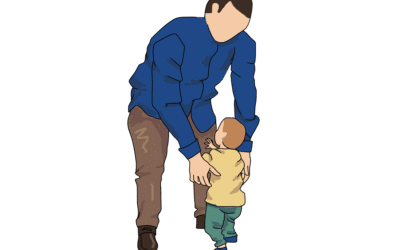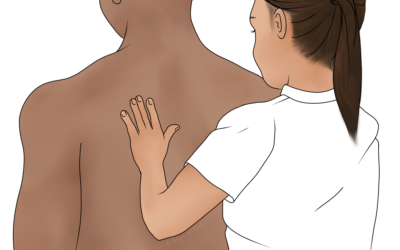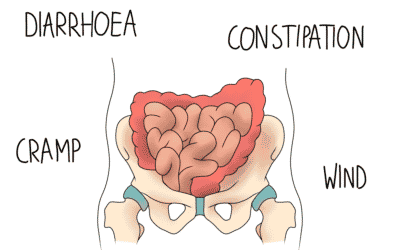Frozen Shoulder refers to a specific condition, not just general shoulder stiffness. The cause is often unknown, but the effect is stiffening of the shoulder capsule: the fibrous tissue that surrounds the joint. It’s an inflammatory condition, known officially as Adhesive Capsulitis.
Symptoms
The two main symptoms of Frozen Shoulder Syndrome (FSS) are shoulder pain and stiffness. The diagram above shows the movements most commonly limited.
Causes of Frozen Shoulder
Frozen Shoulder is considered either primary or secondary. Primary cases are those with no obvious cause, nor findings on imaging. Despite this, the course of the symptoms are universal, going through a freezing, frozen, and thawing stage. Secondary FSS is when symptoms follow an event or coincide with risk factors. Examples could be:
- Immobilisation of the shoulder, as after surgery or injury
- Diabetes
- Heart problems and high blood pressure
- Hyperthyroidism or hypothyroidism
- Parkinson’s disease
- Some prescription drugs
Prognosis
The three phases of frozen shoulder tend to follow a rough timeline.
- The freezing phase is characterised by increasing pain and can last for up to 9 months.
- The frozen phase is indicated by a plateau or improvement of pain, but reduced movement. This can last anywhere from 4-20 months.
- Symptoms improve in the thawing phase, which leads to resolution in 5 months to 2 years.
The opposite shoulder may follow, with symptoms developing between 6 months and 7 years after the start of the original freezing phase. We don’t understand why the second shoulder develops it too, but there seems to be a higher incidence in patients with diabetes.
Management of Frozen Shoulder
Once frozen shoulder begins, it unfortunately does have to run its full course. This means it will get worse before it gets better. Osteopathy can help to speed up the course of FSS.
Your osteopath may work strongly through the muscles around the shoulder and scapula. They may work into the main joint of the shoulder, as well as the other joints of the shoulder complex. Evidence shows that treatment in combination with exercise is particularly effective.
If these symptoms resonate with you, book in with one of our osteopaths today.

